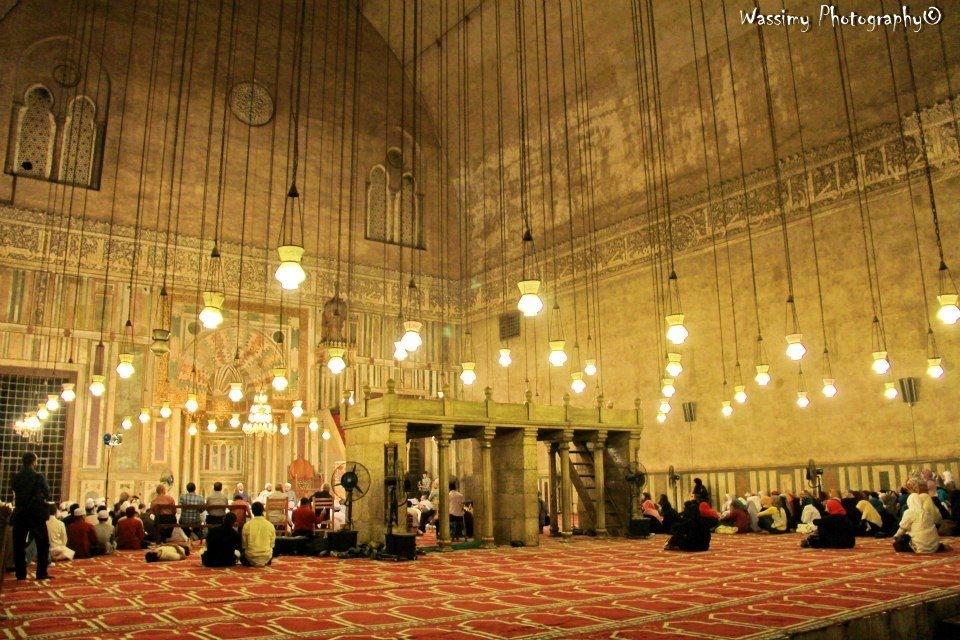Episode 21: Islamic Spirituality, pt4
One of the richest traditions Islam has is its spiritual tradition, or Sufism as it is more commonly known. In this 5 part series I introduce the richness of this tradition from a bird’s eye view perspective and offer some practical tools in later episodes that I have found to be tremendously useful in all aspects of my life.
Episode Notes
3:09 an overview of principles of the Path
3:17 principle #1, God is the goal
7:11 principle #2, the one who gazes, doesn’t arrive
10:56 principle #3, time is the most important commodity
17:29 principles #4, not about arriving first, it’s about sincerity
19:51 principles #5, with time worship becomes easy
22:01 principles #6, takhliyya (removing bad traits), tahliyya (gaining positive traits), tajalli (illumination)
26:32 principle #7, spiritual experiences and insights
Selected Links
Quran Mentioned
If my servant asks of Me, I am near, 2:186
It is difficult except for the sincere, 2:45
And when they rise to pray to they rise lazily, 4:142
Hadith Mentioned
“Worship God as if you see Him”, (Muslim)
“Be with Allah and don’t be concerned”, (I miss spoke and this is a common statement, and not a hadith)
Playing with your spouse is a form of worship, (Bukhari, Abu Dawud, al-Bayhaqi, and al-Tabarani)
“Indeed knowledge is by acting knowledgeable, and kindness is by acting kind.” (Tabarani)
People Mentioned
keep learning
Understanding the Muslim Mind
If we could take all of Islamic intellectual history, what sort of patterns and principles could we deduce? More importantly, if we found someone who actually knew all this information, what would they look like, think like, talk like, etc.?
What is Usuli Islam?
In The Clock of the Long Now, Stewart Brand argues that religion is one of the most durable institutions of civilization that helps ground us all in timeless values. In his concept of the forces of innovation (rapidly changing) and durability (slow changing) of civilization, religion would definitely be amongst the more slow adapting forces.
MORE




